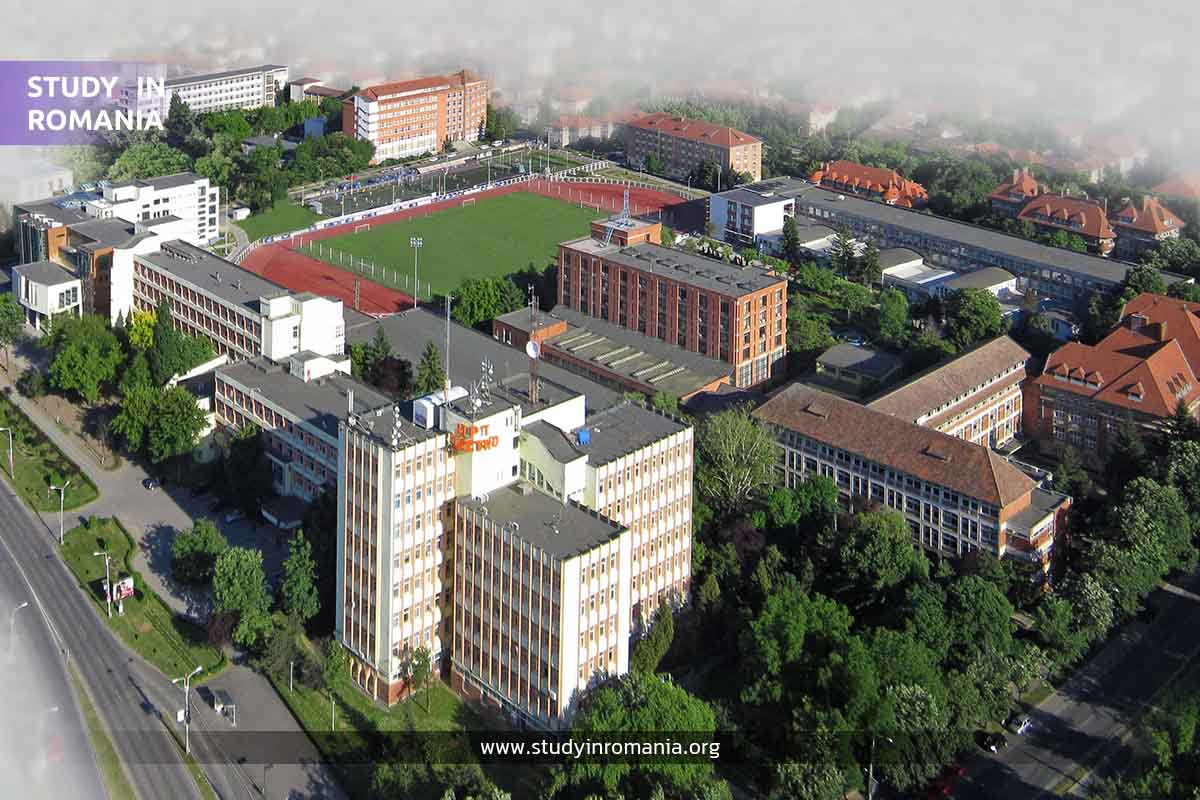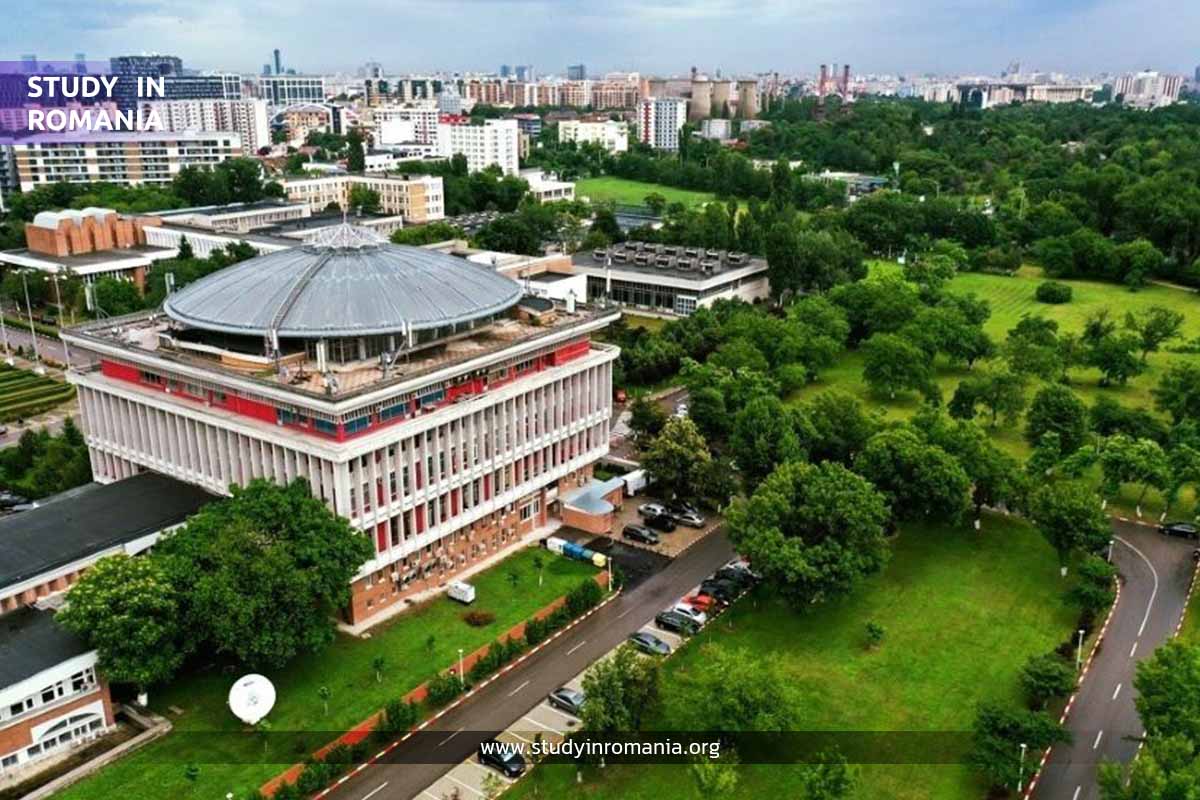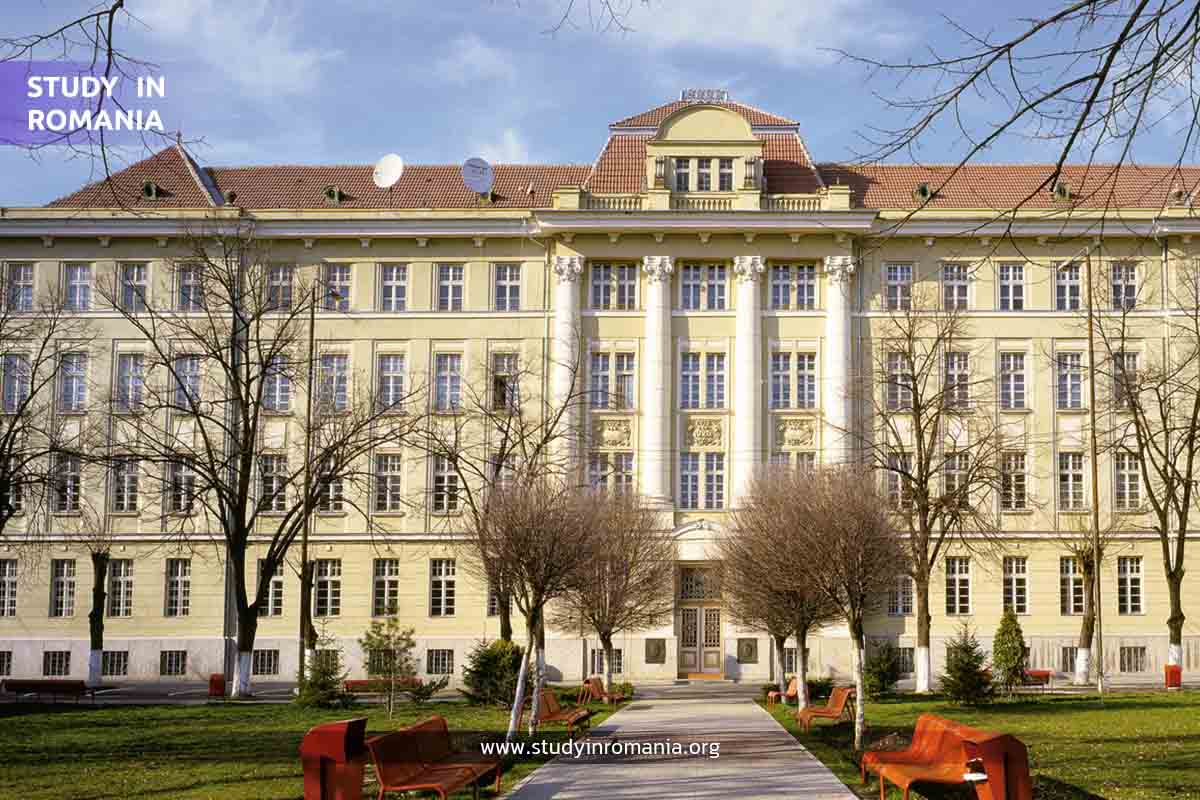Have you ever wondered about salaries and minimum wage in Romania? Working in Romania is highly sought after by both low-skilled and high-skilled employees all around the world, and the reason for this is the boom in the tourism and construction industries in Romania. Nowadays finding work in Romania for foreigners has become easier, as the country needs new labor force in the market. In this post, we will be focusing on salaries and minimum wage in Romania.
Work Conditions in Romania
People who wish to work in Romania must have a relevant work permit, although EU nationals are exempt from this, they still need to apply for a residence permit. Work permits are issued for specific occupations, and to hire a foreigner, it must be demonstrated that no EU or EEA candidate is capable of fulfilling the desired role. However, if you’re a student and wondering about is it possible to work and study in Romania at the same, your situation will be different.
Working in Romania is subject to certain laws that are very similar to other European countries and the international workforce is treated as professionals by Romanians and respected for their skills.

Working Hours in Romania
Normal office hours for company employees in public and private organizations are Monday through Friday, 9 am to 5 pm. Shops are usually open daily from 9 am to 10 pm. For full-time employees, the normal work week is 8 hours in days and 40 hours per week, and for young people up to 18 years of age, working hours are limited to 6 hours per day and 30 hours per week.
Some companies may adopt an unequal distribution of working hours subject to a normal working week, and the maximum legal working time is 48 hours per week, including overtime, except under special terms and conditions that may be stipulated in a collective agreement.
Pregnant women and people under the age of 18 cannot work the night shift between 10 pm and 6 am.
When daily working hours are more than 6 hours, employees have the right to receive lunch without pay and rest time, people under 18 years of age have at least 30 minutes for a lunch break if the daily working time is more than 4 and a half hours.
Health Insurance in Romania
In Romania, all employers and employees are responsible contributors to the state social insurance system, which is deducted monthly from employees’ wages.
Social insurance is governed by the Financial Code and is used to finance public health care services, unemployment benefits, pensions, work-related risks and accidents and occupational health benefits, etc.
Retirement Age in Romania
In Romania, the standard retirement age for men is 65.
The minimum participation period for women and men is 15 years.
The full participation period for women is 31 years and 6 months and will gradually increase to 35 years by January 2030.

Salaries and Minimum Wage in Romania
The minimum gross wage for a full-time employee is set by the government at 3,000 leu.
A country’s national minimum wage (NMW) is the minimum amount (minimum salary) per hour, per day, or per month that employers may legally pay workers.
Average Salaries in Romania
The average net salary in Romania is 4,000 leu which has experienced a huge increase compared to a couple of years ago.
The Best Romanian Cities for Work
The best opportunities to work are in big cities like Bucharest, Cluj-Napoca, Timisoara, or Iasi. The capital of Romania has the most diverse job opportunities, the highest salaries, and the lowest unemployment rate. This means that salaries and minimum wage in Romania and in these cities are better than other small cities. In addition, more than 90% of the multinational companies present in Romania are based in Bucharest.
Cities such as Brasov, Sibiu, Constanta, Iasi, Plovdiv, or Arad have less privileged positions in the ranking of businessmen because they do not offer business prospects and are not comparable to Cluj-Napoca or Timisoara in terms of the level of foreign investment.
Smaller cities attract immigrants who want to work for smaller companies and also seek cheaper living costs.








